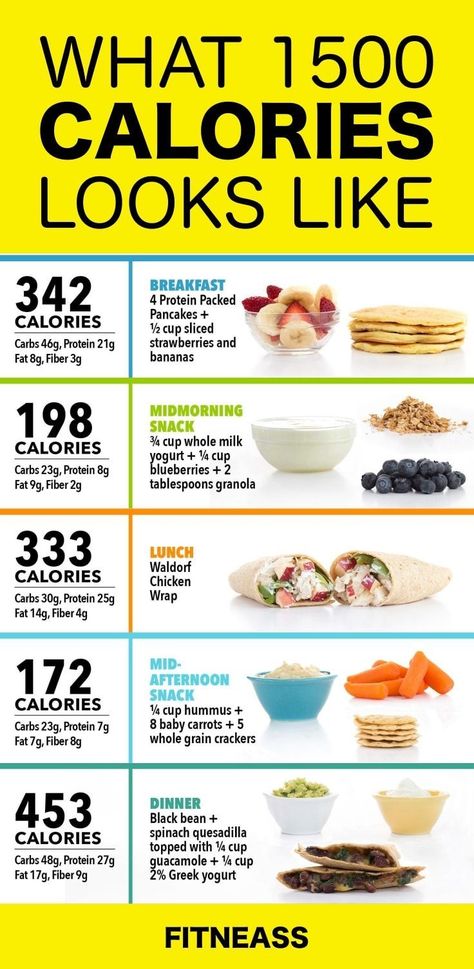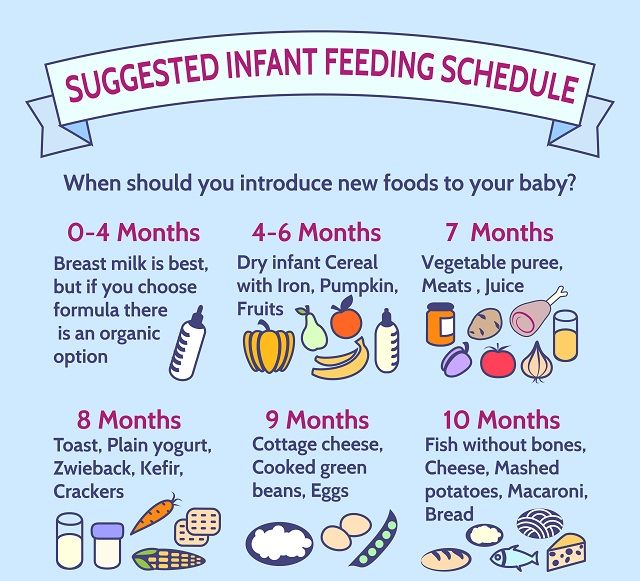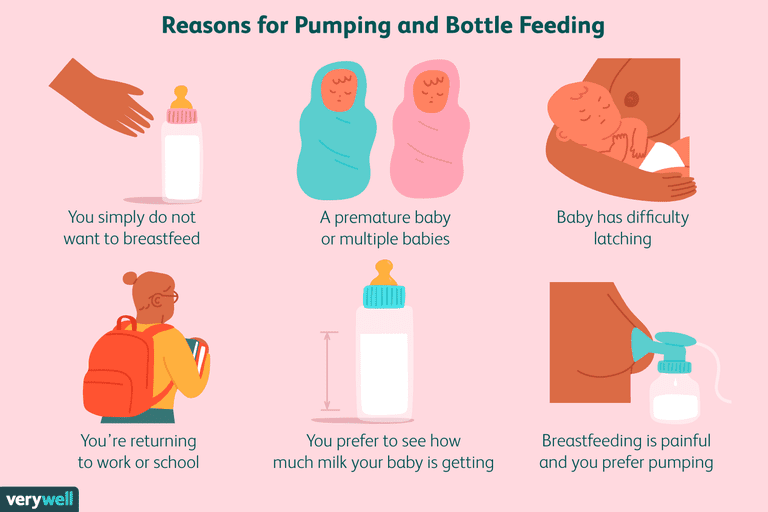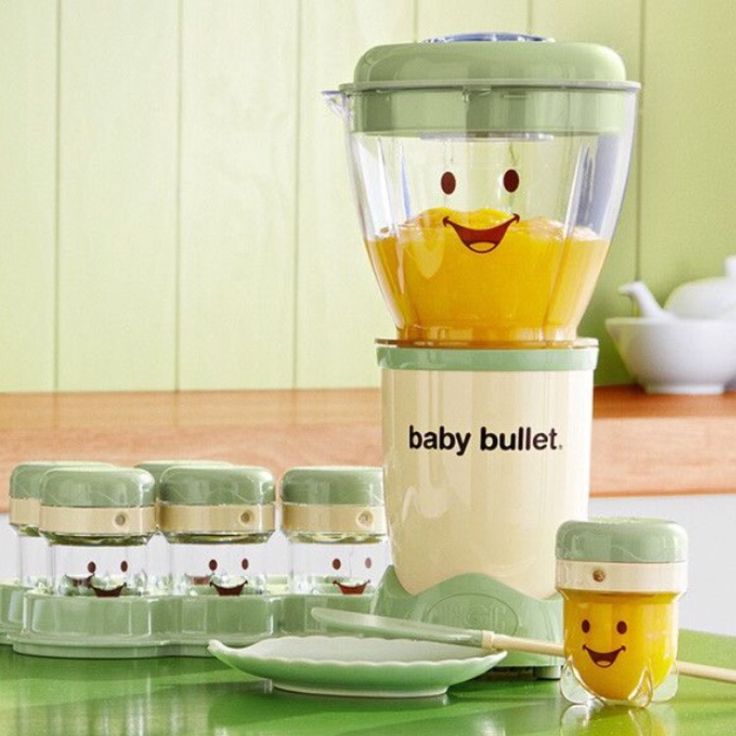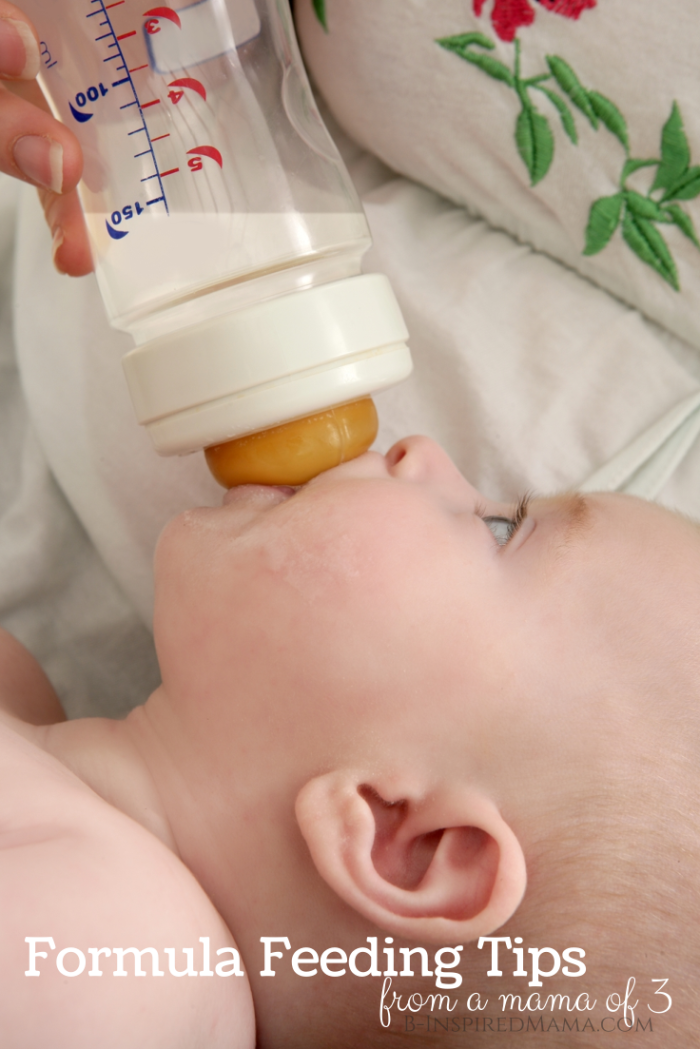Preterm baby feeding chart
A Guide to Premature Baby Feeding and Preemie Nutrition
A Guide to Premature Baby Feeding and Preemie Nutrition
When it comes to premature baby feeding, you may have questions. Whether you're breastfeeding or formula feeding, learn more about preemie baby nutrition and your baby's feeding schedule.
Premature baby feeding
- Premature babies need to eat at least every three hours. Tiny babies have tiny tummies. This means they’ll have to eat a lot of small meals for them to gain weight.
- Your baby will eat at their own pace. While they may be eating every three hours, the premature baby feeding process is often slow. You'll soon recognize their pattern of swallowing and breathing. Babies who eat slowly seem to take more milk at each feeding and may be satisfied and sleep longer between feedings.
- Their mouths are often extra-sensitive. If your baby has spent their first few days with tubes and respirators in their mouth, they may assume that anything that goes into their mouth is painful, which could include a breast or a bottle.
- Premature babies are slow to feed. Feeding them too fast by mouth may result in a feeding aversion or spitting up. They are also likely to have more digestive issues than a full-term baby, since their digestive system may not be as mature as a full-term baby's.
Try these premature baby feeding tips
- Each baby is unique. Follow the advice of your baby's doctor.
- Introduce your baby to a nipple. Even if they are still feeding by tube, this will help them adjust to bottle-feeding when they’re ready. You may need to try different nipples at first.
- Stick to breast milk or one type of formula and nipple to help them adjust.
- Keep a record of your baby's feedings.
- Get growth charts, specially designed for premature babies, from your baby's doctor to help monitor their progress.
- Keep your baby on a fairly regular schedule of awake and nap time, to help them eat better.
- Make sure your baby is fully awake before feeding.
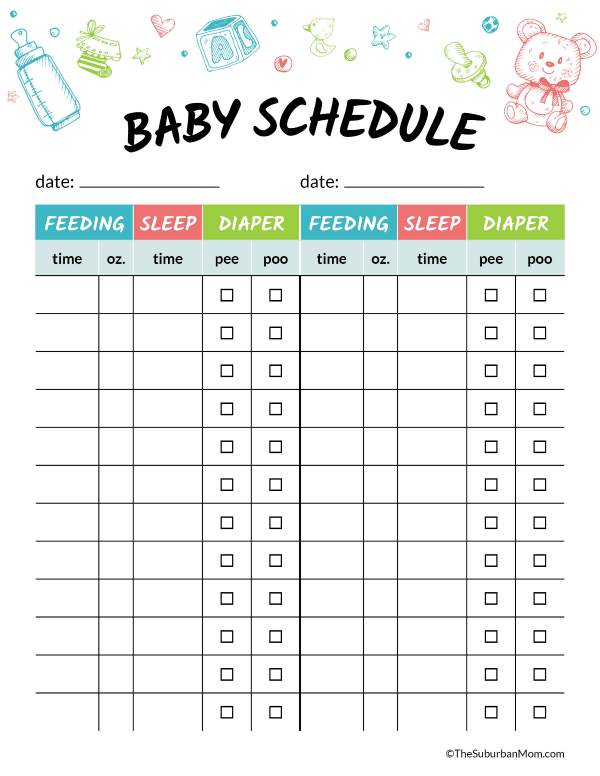
- Don't force your baby to eat. If they’re not sucking as fast, sealing their lips or turning away, they may be full.
- Feed them on demand, not a schedule. Studies have shown that premature babies grew at a faster pace when fed on demand.
- When your baby is developmentally ready, slowly introduce solid foods while they are still on formula.
- Enlist the help and support of family and friends, to give yourself a break.
Preemie Nutrition
Most premature babies have low birth weight.
If a baby is too premature to breastfeed, moms are encouraged to pump their milk, as breast milk is considered to be best for the baby. Sometimes, doctors will recommend using a breast milk fortifier, to help give your baby the extra protein, vitamins, calcium and other nutrients they need at this early stage.
If you can't pump or breastfeed, or choose not to, ask your baby’s doctor about the specially designed formulas available for premature or low birth weight babies.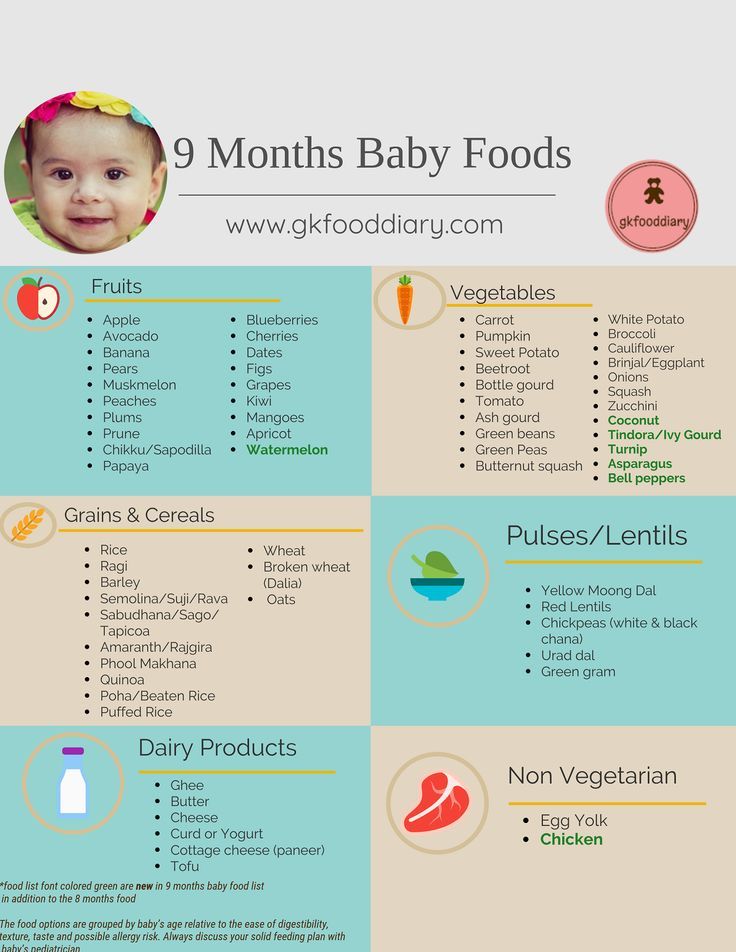
Premature babies may have more digestive issues than full-term babies.
Chances are, your baby’s feeding skills haven't fully developed yet. This means they’ll likely be slow to feed, or they may feed too fast and spit up or develop a feeding aversion. But there are some things you can try to help:
- Introduce your baby to a pacifier. This can help get them used to the feeling of bottle-feeding for when they’re ready to switch over from the tube.
- Record their feedings, so you can keep track of spit ups and how much they’re keeping down.
- Monitor your preemie’s progress with growth charts from the doctor.
- Try to keep them on a sleep schedule.
- Make sure they are fully awake before feeding
- Be aware of indicators, so you know when your little one is full or tired.
- Slowly introduce solids when they are developmentally ready.
Babies who are born premature often undergo developmental testing and programs.
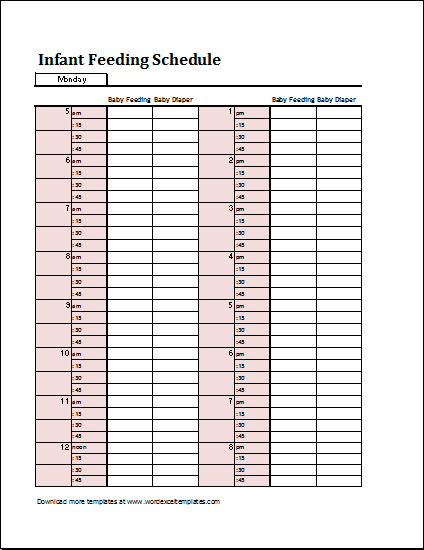
If your baby weighs less than 3.5 lbs. at birth, they will most likely be referred for formal developmental testing around their 1st and 2nd birthdays. If your baby is born prematurely, your doctor may recommend an infant stimulation program. This usually involves working with a physical therapist or specialized healthcare professional to learn gentle exercises, positioning and other ways to interact with your premature baby and help them with physical development. Early intervention programs can help with social and functional skills and provide support for the family.
Preterm babies have a harder time maintaining the proper water balance in their bodies. These babies can become dehydrated or over-hydrated. This is especially true for very premature infants. Keep the following preemie nutrition facts in mind as you navigate feeding your baby:
- Premature babies may experience more water loss through the skin or respiratory tract than babies born at full term.
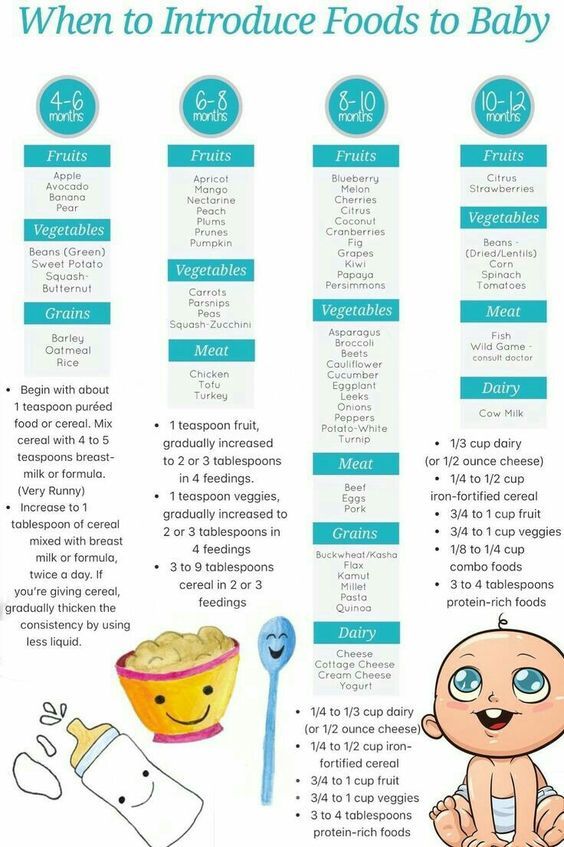
- The kidneys in premature babies have not grown enough to control water levels in the body.
- The NICU team keeps track of how much premature babies urinate (by weighing their diapers) to make sure that their fluid intake and urine output are balanced.
- Human milk from the baby's own mother is the best for babies born early and at very low birth weight.
- Human milk can help babies avoid infections and sudden infant death syndrome (SIDS) as well as necrotizing enterocolitis (NEC).
- Many NICUs will give donor milk from a milk bank to high-risk babies who are not able to get adequate amounts of milk from their own mother.
- Special preemie formulas can also be used. These formulas have more added calcium and protein to meet the special growth needs of premature babies.
- Older premature babies (34 to 36 weeks gestation) may be switched to regular formula or a transitional formula.

- Babies who are given breast milk may need a supplement called human milk fortifier mixed into their feedings. This gives them extra protein, calories, iron, calcium, and vitamins. Babies fed formula may need to take supplements of certain nutrients, such as vitamins A, C, and D, and folic acid.
- Some infants will need to continue taking nutritional supplements after they leave the hospital. For breastfeeding infants, this may mean a bottle or two of fortified breast milk per day as well as iron and vitamin D supplements. Some babies will need more supplementation than others. This may include babies who are not able to consume adequate amounts of milk through breastfeeding to get the calories they need to grow well.
- After each feeding, babies should seem satisfied. They should have 8 to 10 feedings and at least 6 to 8 wet diapers each day. Watery or bloody stools or regular vomiting could indicate an issue and you should discuss them with your doctor.
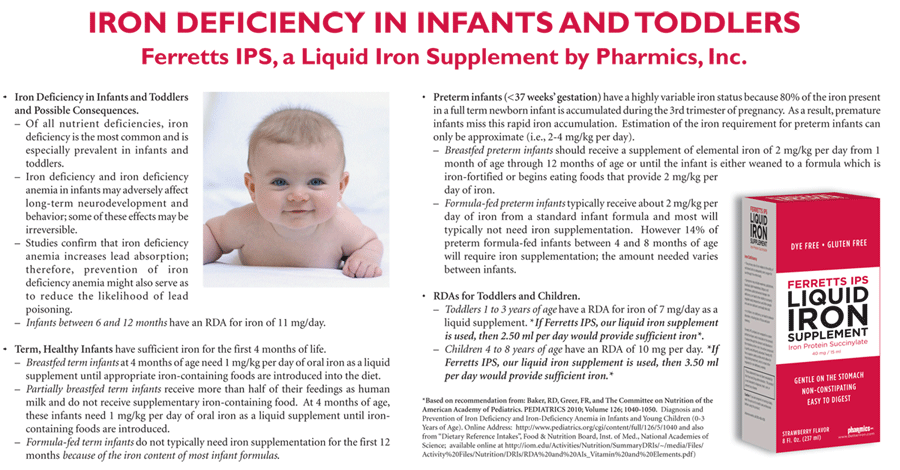
Preemie Weight Gain
Weight gain is monitored closely for all babies. Research suggests developmental delays could be associated with premature babies who experience slow growth.
- In the NICU, babies are weighed every day.
- It is normal for babies to lose weight in the first few days of life. Most of this loss is water weight.
- Most premature infants should start gaining weight within a few days of birth.
- The desired weight gain depends on the baby's size and gestational age. Sicker babies may need to be given more calories to grow at the desired rate.
- It might be as little as 5 grams a day for a tiny baby at 24 weeks, or 20 to 30 grams a day for a larger baby at 33 or more weeks.
- In general, a baby should gain about a quarter of an ounce each day for every pound (about 1/2 kilogram) they weigh. (This is equal to 15 grams per kilogram per day. It is the average rate at which a fetus grows during the third trimester).
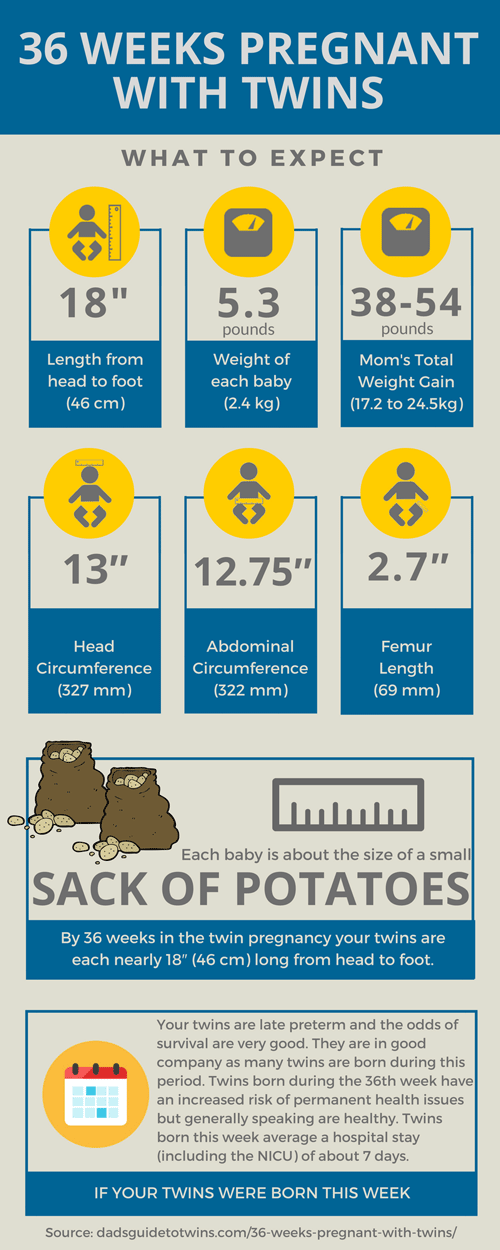
If you are experiencing difficulty affording specialty premature formulas for your baby, financial assistance is available.
Enfamil has developed a program called Helping Hand for Special Kids, to help families who need specialty formulas for their premature baby but have difficulty affording them. Depending on your needs, the Helping Hand program provides either long-term assistance or a free, one-time shipment of products. To us, all babies deserve the very best start in life. Ask your doctor if you qualify for this program.
You may also like
Tips for Feeding Premature Babies – Children’s Health
Share:
When babies are born prematurely (before 37 weeks of pregnancy), they may have special feeding and nutritional needs. Preemies often need extra support to grow and continue developing, and parents may have questions about breastfeeding, bottles or feeding schedules.
Kikelomo Babata, M.D., a neonatologist at Children's Health℠ and Assistant Professor at UT Southwestern, answers these questions and shares advice for feeding your premature baby.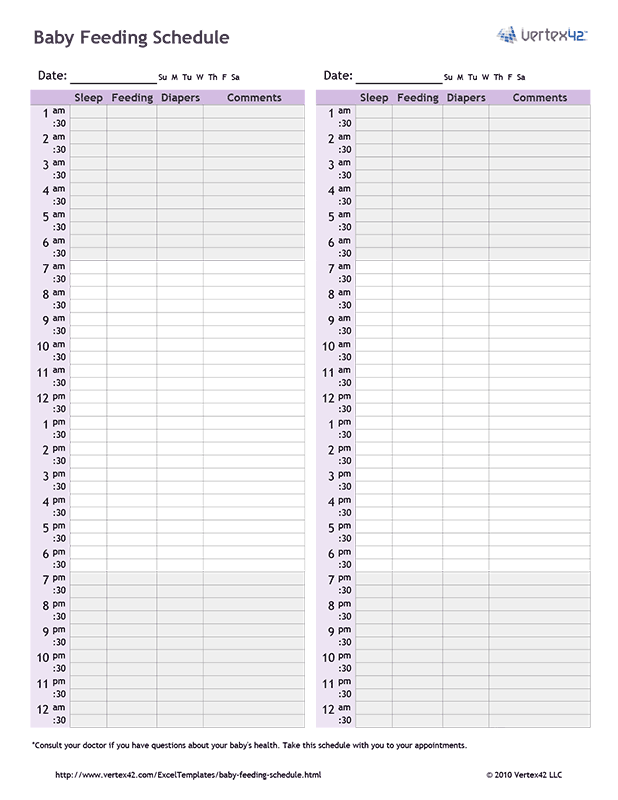
What are common feeding problems in premature infants?
Premature babies may face different feeding problems depending on their age and development. "Post-conceptual age is more important than chronological age for a baby's development," explains Dr. Babata. "A 4-week-old infant born at 32 weeks may not be as developmentally ready to feed as a 2-week-old infant born at 35 weeks. And every baby is different."
Some premature babies have difficulty breastfeeding or bottle-feeding for the first few weeks of their lives. This is because infants, both full-term and premature, continue developing their ability to suck, swallow and breathe after birth. This is a skill they need to feed, so they can coordinate how to suck, swallow then breathe through their nose. Additionally, premature babies may be sleepy and get tired during their feeds.
Premature infants might also have underdeveloped lungs. They might need to be on oxygen, which can make it difficult for them to eat.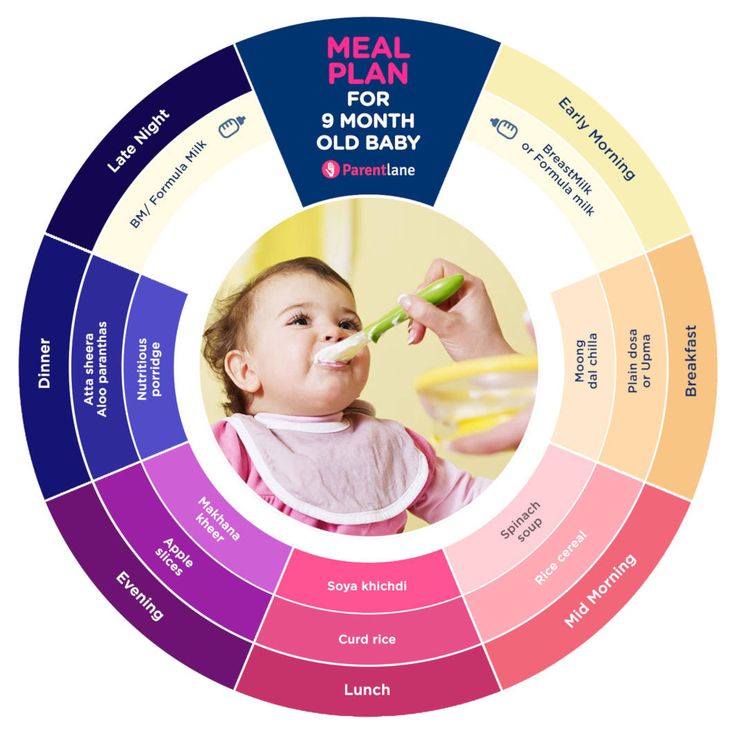
Other common feeding problems in premature babies can include:
- Apnea (episodes where they stop breathing)
- Episodes of bradycardia (slow heartbeat that can cause oxygen levels to drop)
- Immature feeding pattern (sucking, swallowing and breathing incorrectly or out of order)
- Oral aversion (not taking a bottle or breast)
- Risk of aspiration (breathing in milk or formula)
If your baby experiences these feeding problems, they may need to be fed through a feeding tube. This tube is placed through the nose and down into the esophagus. If your baby has a feeding tube, they'll stay in the hospital until it is removed.
Once your baby goes home, your pediatrician can offer tips on feeding your baby and the importance of good nutrition. If needed, they can refer you to speech therapist for more support.
Can I breastfeed my premature baby?
Yes, you can breastfeed a premature baby.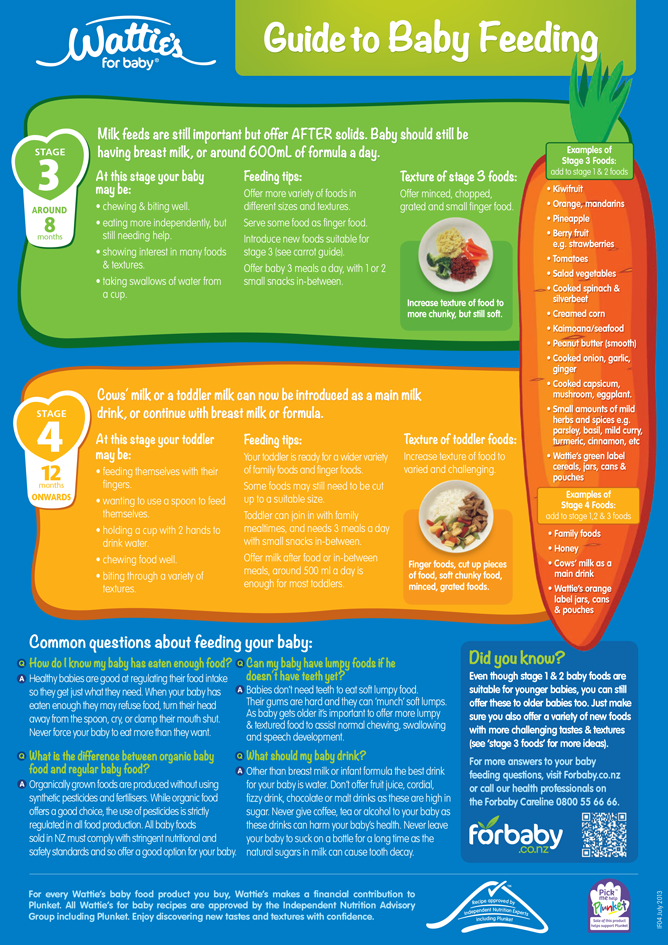 Your breastfeeding experience may depend on your baby's development and nutritional needs.
Your breastfeeding experience may depend on your baby's development and nutritional needs.
Breastmilk offers many benefits for premature babies, such as:
- Boosting digestion
- Helping baby’s immune system fight infection
- Promoting eye and brain development
- Providing bonding opportunities
"Breastmilk is linked to a lower risk of necrotizing enterocolitis, an illness that can be devastating for preterm infants," says Dr. Babata. Necrotizing enterocolitis is inflammation that can seriously damage or destroy intestinal tissue in babies. It can increase their risk of death or neurodevelopmental problems.
Breastfed infants also have a lower risk of ear infections, respiratory infections like respiratory syncytial virus (RSV) and bronchiolitis, rashes and gastroenteritis. Breastfeeding can have long-lasting benefits as well – lowering your child's risk for chronic illnesses in the future.
Advice for breastfeeding a premature baby
It's important to know that breastfeeding a premature infant might look different than breastfeeding a full-term infant.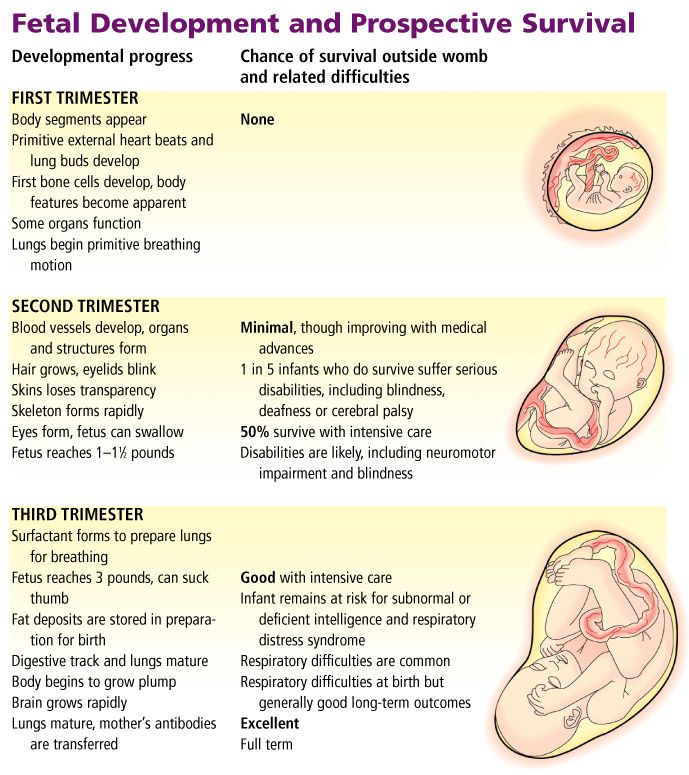 Breastfeeding may take more coordination for a preemie than bottle feeding, and depending on how premature your baby is, they may have difficulty latching. You may need to use bottles for a few weeks if your baby is having difficulty nursing. You can still choose to pump and provide breastmilk in a bottle. See tips for increasing your milk supply while pumping and how to safely store your breast milk.
Breastfeeding may take more coordination for a preemie than bottle feeding, and depending on how premature your baby is, they may have difficulty latching. You may need to use bottles for a few weeks if your baby is having difficulty nursing. You can still choose to pump and provide breastmilk in a bottle. See tips for increasing your milk supply while pumping and how to safely store your breast milk.
If your premature baby can breastfeed, they still might need bottles of supplemental formula. Often, premature babies cannot exclusively breastfeed because they have higher caloric needs to support growth. Special high-calorie formula or human milk fortifiers can help your child grow while still getting the benefits of breastmilk.
If your premature baby is on a feeding tube, talk to your care team to learn what you can do and whether you should pump your breastmilk.
What type of bottle and formula is best for my premature infant?
Whether you give breastmilk or formula in a bottle, you should use a slow flow bottle nipple designed for premature infants.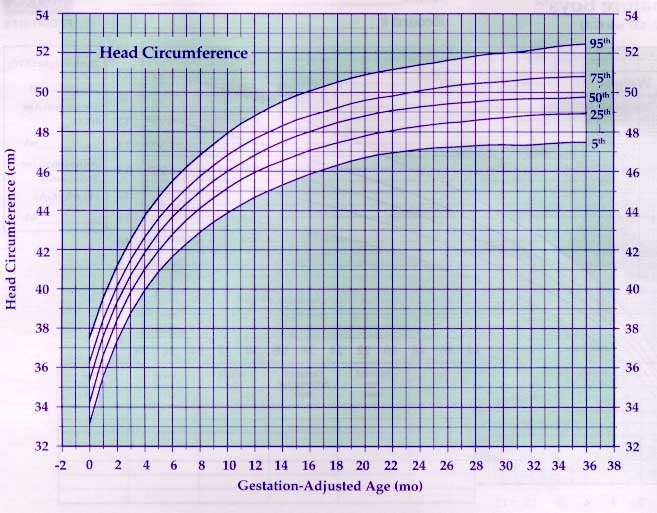 These bottle nipples help prevent your baby from getting more liquid than they can handle at once.
These bottle nipples help prevent your baby from getting more liquid than they can handle at once.
Most premature babies will use a special formula designed for preterm babies. Your pediatrician or neonatologist can recommend the right formula for your baby's needs. Depending on your baby's diet, they can also advise if any other nutritional supplements are needed, such as vitamin D or iron.
How much should I feed my premature baby and how often?
How much your baby needs to eat will change as they grow. Premature babies need 150 to 160 milliliters per kilogram of body weight each day. Your lactation consultant or pediatrician can help you determine how much this is for your baby.
No matter how much they eat per feeding, preemies need to eat at least every 3 to 4 hours.
When can my premature baby eat solids?
A premature baby can start eating solid foods when their adjusted or conceptual age is 4 to 6 months.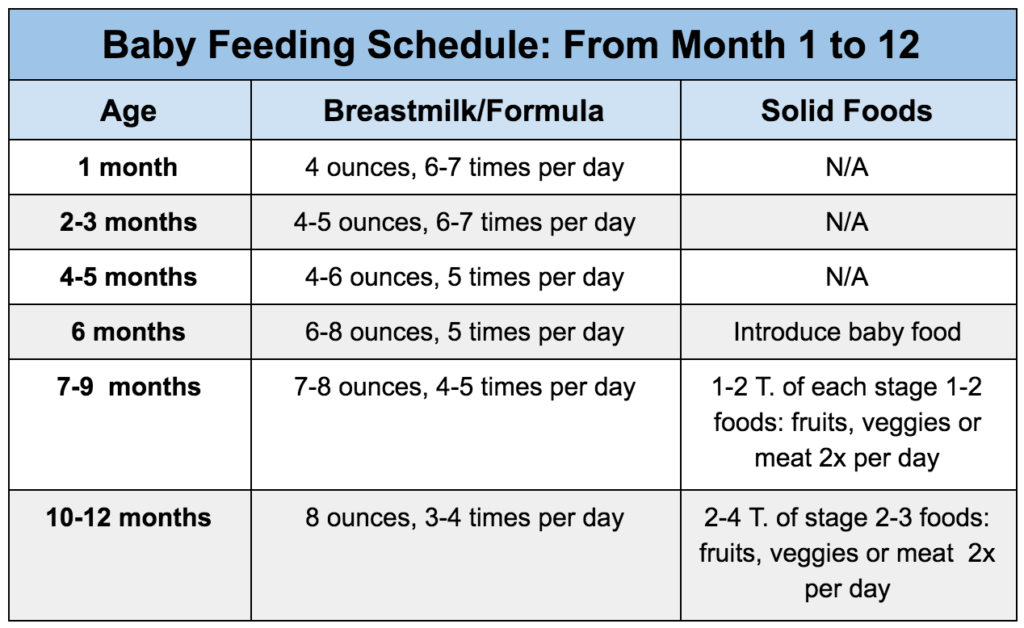 A conceptual or adjusted age means that instead of counting your baby’s age from their date of birth, it's calculated from their due date. For instance, if your baby is born 10 weeks before their due date, their age at 10 weeks past their due date is 10 weeks (even though they were born 20 weeks ago).
A conceptual or adjusted age means that instead of counting your baby’s age from their date of birth, it's calculated from their due date. For instance, if your baby is born 10 weeks before their due date, their age at 10 weeks past their due date is 10 weeks (even though they were born 20 weeks ago).
Around the adjusted age of 4 to 6 months, premature babies should be able to support their head and have lost their tongue-thrust reflex. This reflex causes them to spit out anything put in their mouth that's not milk or formula. This is a good time to introduce solids.
Taking care of a baby is a challenging job. While these special feeding needs can add extra stress to those early days of your child's life, parents should remember that patience is key.
"Most babies will eventually learn to feed orally," says Dr. Babata. "Just take it one step at a time and be sure to notice and enjoy progress as it occurs."
Learn more
With the only nationally ranked Level IV NICU in North Texas, Children's Health provides expert multidisciplinary care for a wide variety of complex neonatal conditions.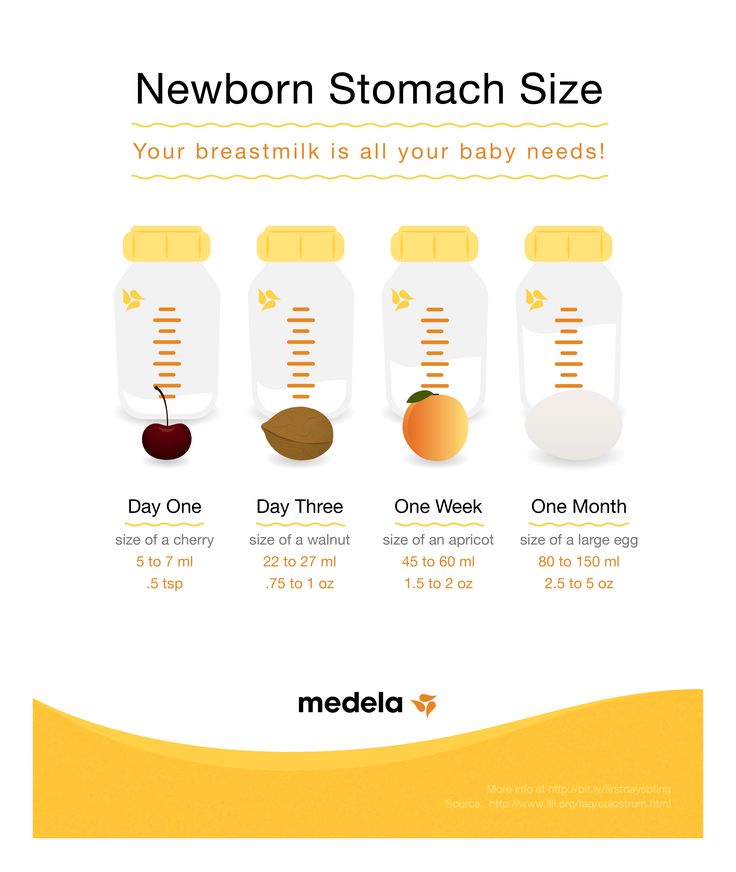 Learn more about our top-ranking Neonatology program.
Learn more about our top-ranking Neonatology program.
Children’s Health Family Newsletter
Get health tips and parenting advice from Children’s Health experts sent straight to your inbox twice a month. Sign up now.
Complementary foods for premature babies by months
How to introduce complementary foods if the baby was born prematurely, is formula-fed or is predisposed to food allergies
If the baby was born prematurely, is formula-fed, or is predisposed to food allergies
According to modern recommendations, complementary foods for healthy children begin to be introduced into the diet no earlier than four and no later than six months of age. The timing and scheme for the introduction of certain products and complementary foods for each child is individual and depends on his characteristics and needs.
But for some groups of children there are rules. For example, this applies to children suffering from food allergies, as well as children born prematurely.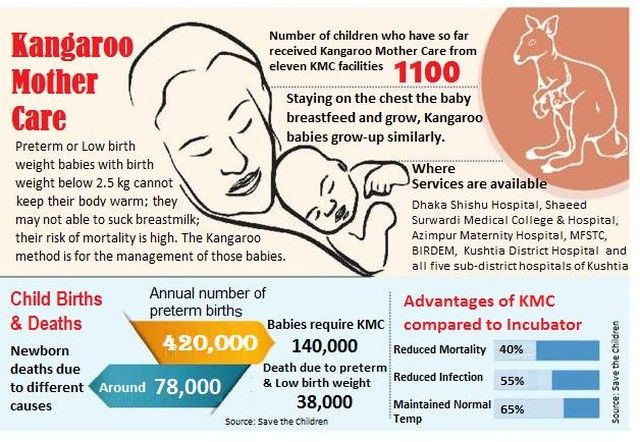
Introduction of complementary foods to children on artificial and mixed feeding
Modern adapted milk formulas contain in their composition all the necessary vitamins and minerals for the baby.
And if previously healthy children on artificial and mixed feeding were introduced complementary foods at an earlier date than when breastfeeding, explaining this by the fact that the baby does not receive enough nutrients, now there is no such need.
Therefore, at present, a unified scheme for the introduction of complementary foods for healthy children has been adopted, and it does not matter whether they receive breast milk or adapted infant milk formulas. We talked about this scheme in detail in our material “When should complementary foods be introduced?”.
Feeding premature babies
It is recommended to start introducing the first complementary foods to premature babies from 4-6 months of age. Up to four months, the digestive system and metabolic processes of such babies are still very immature and cannot cope with new foods.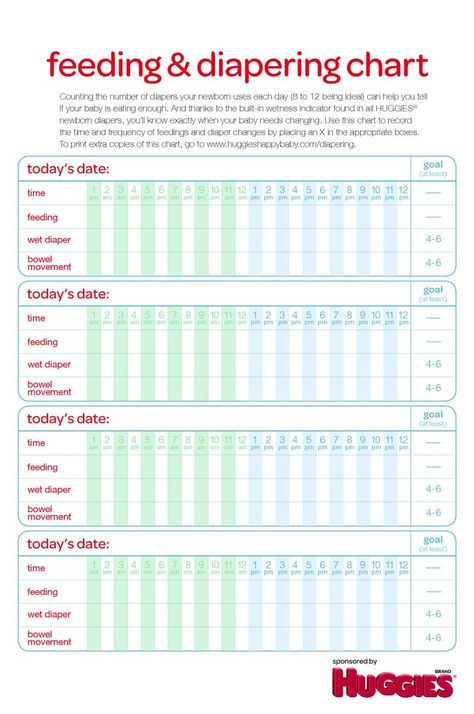 It is also unacceptable to introduce complementary foods later (after six months), because the supply of nutrients (minerals and individual vitamins) in children born prematurely is sharply limited.
It is also unacceptable to introduce complementary foods later (after six months), because the supply of nutrients (minerals and individual vitamins) in children born prematurely is sharply limited.
In this case, an exception is made for babies with very low and extremely low birth weights, who receive special mixtures for small and premature babies, intended for use after discharge from the hospital.
These mixtures contain all the nutrients needed for premature babies, which allows the introduction of complementary foods from six months.
The introduction of complementary foods should be done slowly and gradually. Until your baby is 7-8 months old, breastfeed or give formula after each feed.
For small children who received drug therapy, including antibiotics, in the first weeks and months of life, various disorders of the motility of the gastrointestinal tract and dysbacteriosis are characteristic. The sequence of introducing complementary foods to such babies has its own characteristics.
The expansion of the diet begins with porridge or vegetable puree, to which vegetable oil is added. At the age of 6 months, meat puree is introduced. With a balanced diet and an adequate growth rate, cottage cheese is prescribed to children at a later date. In the nutrition of children born with VLBW and ELBW, it is introduced when a specialized mixture with a high protein content is canceled, the quality of which is much higher. The first cereal should be gluten-free and dairy-free, like all other children. You need to breed porridge with the milk mixture that the baby receives.
It is important for parents of premature babies to give preference to commercially produced complementary foods, because they are prepared using environmentally friendly raw materials, they have a guaranteed composition and an appropriate degree of grinding, and are enriched with vitamins and minerals.
The material was prepared on the basis of the “National program for optimizing the feeding of children in the first year of life in the Russian Federation”, Moscow: Union of Pediatricians of Russia, 2019
The material is for informational purposes and cannot replace the advice of a specialist.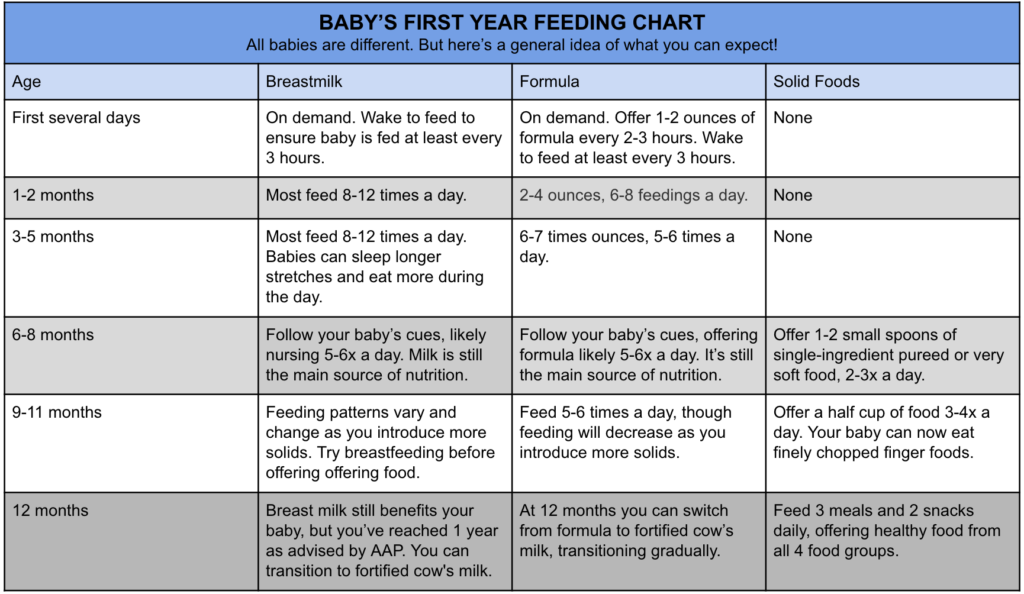
-SIMILAC-2100059
home
Useful articles
Special rules for the introduction of complementary foods
Complementary foods for premature babies - Articles on baby nutrition from pediatricians and MAMAKO experts
Premature babies are babies born before the 37th week of gestation. Prematurity is not determined by birth weight, but by the date of preterm birth.
— Alla Anatolyevna, premature babies have special nutritional needs from the first days of life. What factors influence the initiation of complementary foods in preterm infants and when to introduce complementary foods to a premature infant?
— Prematurity can be of different degrees, so the principles of feeding and feeding children will also be different.
Timing of the introduction of complementary foods in premature babies
— From birth, a premature baby receives only breast milk or powdered milk formula, but there comes a time when he can no longer satisfy his needs with them.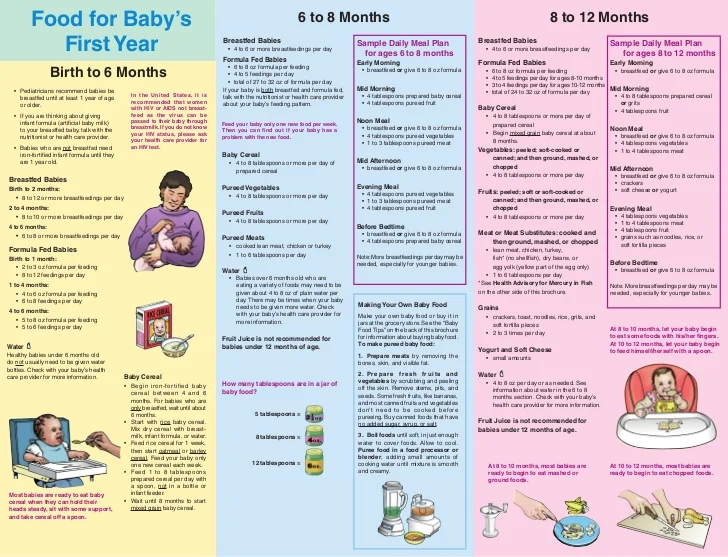 The main task of complementary foods is to diversify the diet and increase the amount of nutrients - proteins, fats, carbohydrates - so that the baby can fully grow and develop.
The main task of complementary foods is to diversify the diet and increase the amount of nutrients - proteins, fats, carbohydrates - so that the baby can fully grow and develop.
When a baby is born on time, it is started on solid food at 5.5-6 months. Pediatricians determine when it is time to feed a premature baby as follows: the term of his prematurity is added to the age of the baby. For example, a child was born at 35 weeks, 5 weeks ahead of schedule: for these five weeks, the timing of the start of complementary foods is shifted for him.
The main signs of readiness for complementary foods:
- the child looks healthy, feels good, smiles, cheerful;
- the child is active, has muscle tone, is physically well developed;
- twofold weight gain since birth;
- good sleep;
- a chewing reflex appeared - the child begins to chew, bite;
- good appetite - if the child wants to eat, he will be happy to receive vegetables;
- the baby sits independently - the child should receive complementary foods while sitting at the table; it is desirable that he sees the product he eats;
- active interest in what parents eat, desire to participate in family meals.
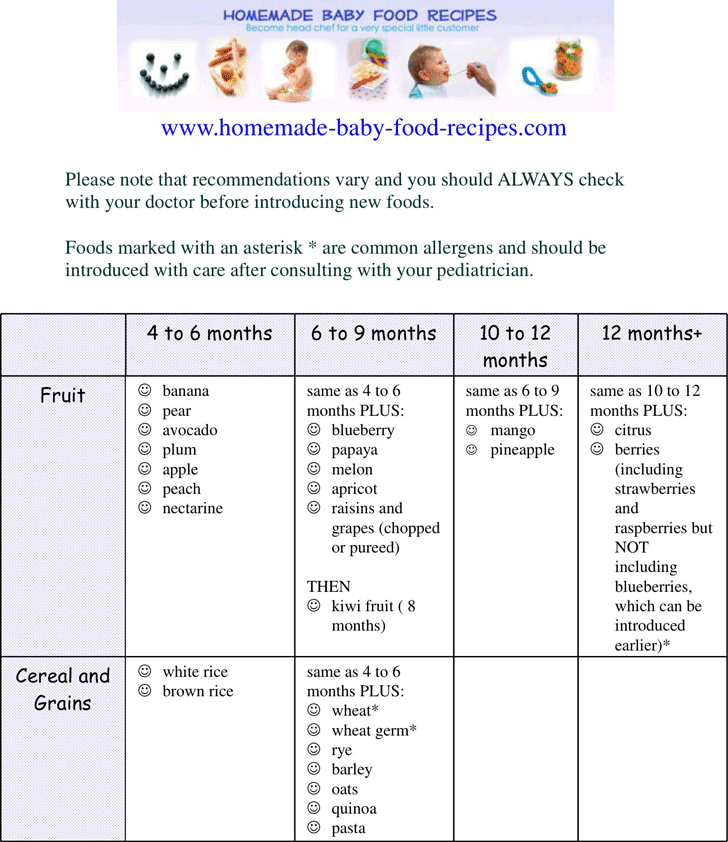
— Proper complementary feeding of premature babies increases the nutritional value of their diet and certainly helps to catch up. Then why not start feeding babies earlier?
— A premature baby has an immature system of the gastrointestinal tract, an immature enzyme system. He does not mature in the womb of his mother, but on his own. Therefore, in the tables of complementary foods for premature babies, the time for the introduction of complementary foods, as a rule, is postponed for the period that the child did not sit in the tummy. With age, the number of villi in the intestines increases, the pancreas begins to work better, more saliva is produced: this means that it is time to introduce complementary foods - gradually, consistently, under the supervision of a doctor.
- Complementary feeding of a breastfed premature baby and complementary feeding of a formula-fed premature baby will be different?
— There are many guidelines for the introduction of complementary foods for premature babies, and they are available in print and online.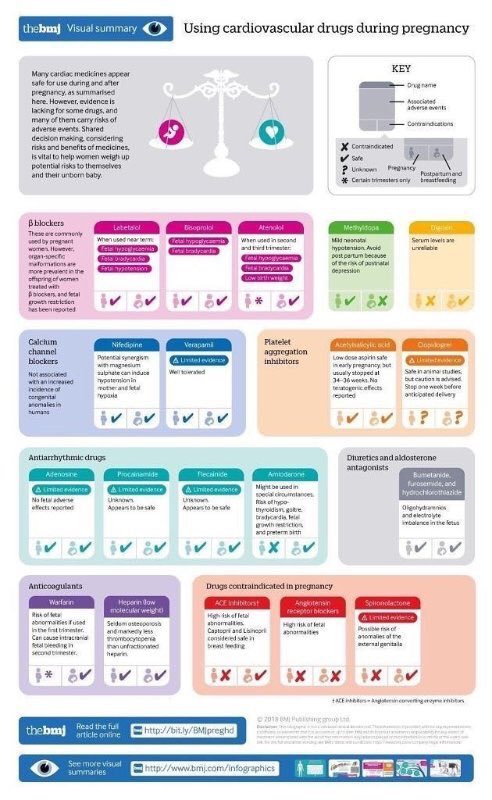 But before the introduction of complementary foods to a child who was born prematurely, especially a very premature one, it is necessary to visit a pediatrician. The doctor who leads and observes the baby prescribes complementary foods, taking into account his individual characteristics.
But before the introduction of complementary foods to a child who was born prematurely, especially a very premature one, it is necessary to visit a pediatrician. The doctor who leads and observes the baby prescribes complementary foods, taking into account his individual characteristics.
- Let's say a child cannot gain weight for a long time. Is the timing of the start of complementary foods even more shifted?
— Premature babies have a more pronounced weight curve and better weight gain than term babies. If a child has not gained proper weight by the age of introducing complementary foods, this means that his nutrition is chosen incorrectly or insufficiently, there are some problems with digestion. In this case, you first need to establish basic nutrition, select supplementary foods, double the weight and get in good physical shape - and only then start complementary foods.
Complementary foods are additional nutrition for healthy children who have no complaints.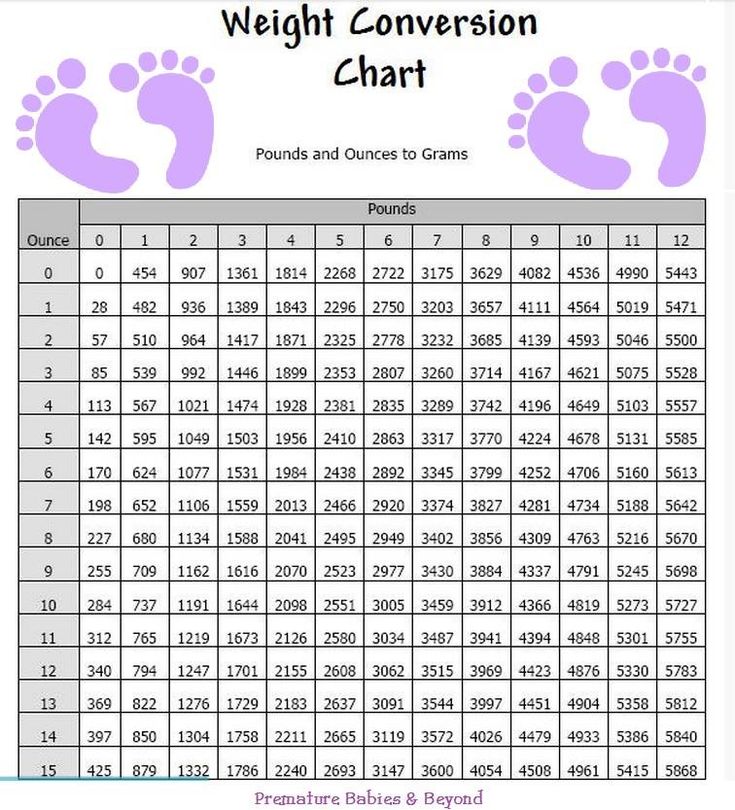 Therefore, digestion problems should not be solved with the help of complementary foods, and weight gain with the help of complementary foods will not work.
Therefore, digestion problems should not be solved with the help of complementary foods, and weight gain with the help of complementary foods will not work.
— What complementary foods should be given to a premature baby?
— The first complementary foods for premature babies are two main types of food:
Complementary foods for a premature baby will not differ much from those for a full-term baby, because by the time solid foods are introduced, a premature baby should get rid of problems with the gastrointestinal tract, become stronger , grow up. And the parents start complementary foods, almost forgetting that the baby was born prematurely.
— What is the right way to feed such a child?
— The main rule for the introduction of complementary foods for all babies (premature babies are no exception) is gradualness.
- How much complementary foods to give
- Complementary foods begin with a teaspoon.
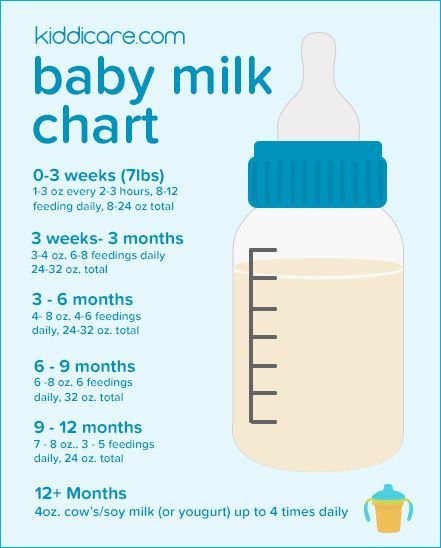 Each next portion can be doubled, so they come to full feeding only after two to three weeks (full-term babies receive a full portion after five to seven feedings).
Each next portion can be doubled, so they come to full feeding only after two to three weeks (full-term babies receive a full portion after five to seven feedings). - When to give complementary foods
- It is more correct to give a new product in the morning. If something does not like it or the baby burps, there will be time to calm him down, observe and decide what to do next.
— Besides being underweight, when should we delay or stop giving the baby new foods?
— Pediatricians pay particular attention to the following signs:
- the child has not doubled its birth weight;
- with a lack of weight, complementary foods were introduced and stomach problems began - regurgitation, bloating, anxiety when feeding, a different character of the stool - liquid, frothy, with a changed color and smell;
- began to introduce complementary foods - skin problems appeared: dryness, redness, itching.
- Baby food on goat milk is better absorbed by the body of children.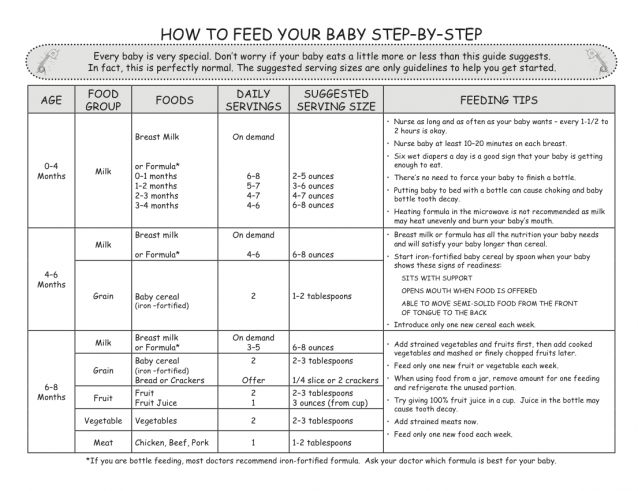 Is it suitable for premature babies?
Is it suitable for premature babies?
- The good digestibility of goat's milk helps premature babies gain weight better at the stage when the PRE formula is no longer used. And here mixtures on goat's milk for artificial and mixed feeding can be recommended. Gluten-free fortified cereals with goat milk MAMAKO ® can be used for the first feeding of premature babies (they do not need to be boiled, formula milk or expressed milk as a supplement is not required). For further complementary foods, multi-cereal cereals, fruit curds and cream soups can be advised. The same milk base of mixtures and complementary foods helps the digestive organs adapt faster when switching from one product to another.
Premature babies are born before 37 weeks of gestation. And they take longer to mature for solid foods, so complementary foods are introduced a little later than healthy babies. New food is given gradually, taking into account those features that the doctor will reveal during the examination.

